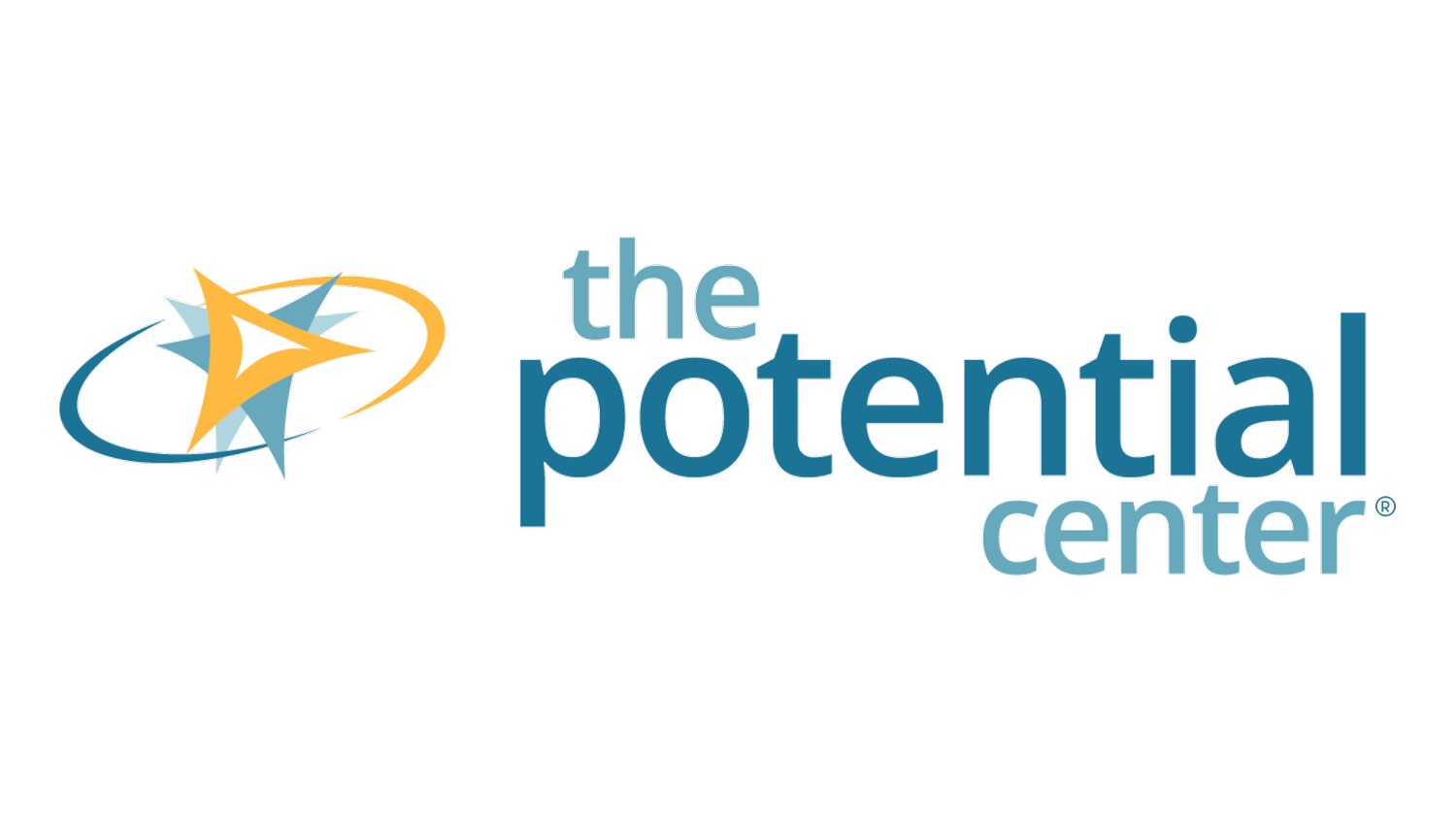How do you treat mis-takes?
How did the potato chip come about?
(Hans from Pixabay)
A handy reminder
I was recently reminded of the conversation I had with William Brown on his podcast Disconnect to Connect. The hook for each episode was one word, which we riffed on during the conversation. My word was “mistake”.
First of all, I loved William’s reframing of “mistake” to “mis-take”, which then morphed into “take 2” from the film world, … if we’re not happy with how things turn out, we get a re-do.
I explained the link between mis-takes and innovation. Welcoming mis-takes is an important part of creative problem-solving and especially innovation. That’s because when innovating, one of the most effective ways of seeing whether your concept is valid is to create a prototype, or “minimum viable product” (MVP). Companies where innovation is part of the culture count on a certain number of mis-takes. It’s not that people are incompetent, but that each mis-take brings provides another piece of information and it brings the company that much closer to having a workable prototype to test on a wider scale. Woo-hoo!
Examples of successful mistakes
The potato chip was invented when a chef at a resort received a complaint that the French-fried potatoes were too thick and mushy. Out of revenge, the chef sliced the potatoes as thin as he could and fried them until they were brown. The exercise in revenge backfired, however – the patron loved the replacement dish and raved about it to family and friends.
Sir Alexander Fleming, a Scottish researcher, is credited with the initial discovery of penicillin in 1928. Often described as a careless lab technician, Fleming returned from a two-week vacation to find that a mold had developed on an accidentally contaminated staphylococcus culture plate. Upon examination of the mold, he noticed that the culture prevented the growth of staphylococci. It took another ten years of mis-takes and other researchers, but penicillin was finally isolated in its current form.
In 1839, self-taught chemist Charles Goodyear accidentally dropped India rubber mixed with sulphur onto a hot stove. The sulphur bonded with the rubber polymer strands, creating cross-links. This enabled the rubber to snap back when stretched and made it more resilient, a process known as “vulcanization” and led to the automobile tires we use today. (Courtesy TRP Polymer Solutions)
The Post-It Note came about because of a poor adhesive recipe at 3M. Rather than ditch the recipe as a mistake, 3M supported the group as they developed it further and found a viable application for this new type of adhesive.
Thomas Edison didn’t complain about his failures with the light bulb: “I haven’t failed… I’ve just found 10,000 ways that don’t work”.
What happens when mistakes are negatively framed
Think about the message you send when you chew someone out for making a mistake. How likely will it be that they take a risk again in the future? Not very. This creates a downward spiral in two ways: 1) fewer creative ideas from that person, which can be “catching” to the rest of the team; and 2) an employee who is less engaged and more disillusioned… and you may lose one of your key people as a result.
Frame mistakes as learning opportunities
Encourage a culture of curiosity – how could we reframe this mistake into something positive? How far could we continue to take it on this path, ie can the mistake really be a minimum viable product in disguise?
If you’d like to have options for how to transition mis-takes to MVPs with your team, and become a highly valued manager in the process, let’s schedule a time to talk: https://calendly.com/ellia-harris/30min
I develop newly minted managers who want to stand out and become highly valued. I show them how to lead a team that comes up with solutions no one else could see before.
If you’d like to see what tapping into creative potential could look like at your place of work, contact me at Ellia@ThePotentialCenter.com to arrange a no-obligation call.

